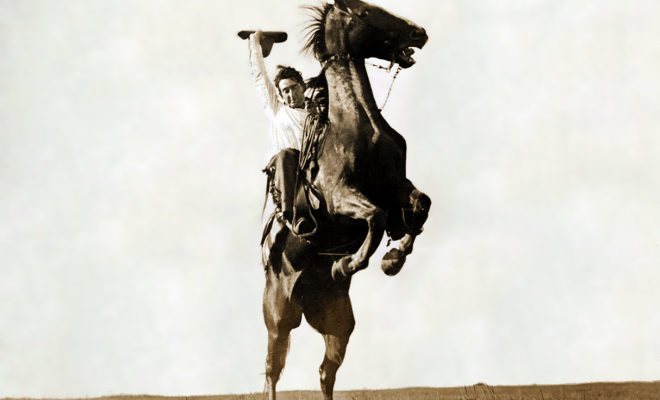The classic cowboy ballad “Streets of Laredo” or “The Cowboy’s Lament” bears a permanent place in the annals of American music. Perhaps no other song so perfectly captures the spirit of the old west and the men who worked the range. The song came in at #4 on the Western Writers of America’s survey of the Top 100 Western songs, and dozens of famous artists have covered it, including Johnny Cash, Willie Nelson, and Waylon Jennings, just to name a few. But do you know the truth about Streets of Laredo?
The song’s narrator isn’t the protagonist. Streets of Laredo is about bearing witness. The narrator shares the tragic story of a dying cowboy’s last request and how he faced the end of his life, “cut down in his prime.” In the version we all know so well, the cowboy dies from a bullet to the chest. However, the song has its origins in an older Irish ballad known as the “The Unfortunate Rake,” and in this original version, the protagonist perishes from something quite different. In fact, many variants of the original song change the lyrics in order to hide or obscure the true cause of the young man’s demise.


